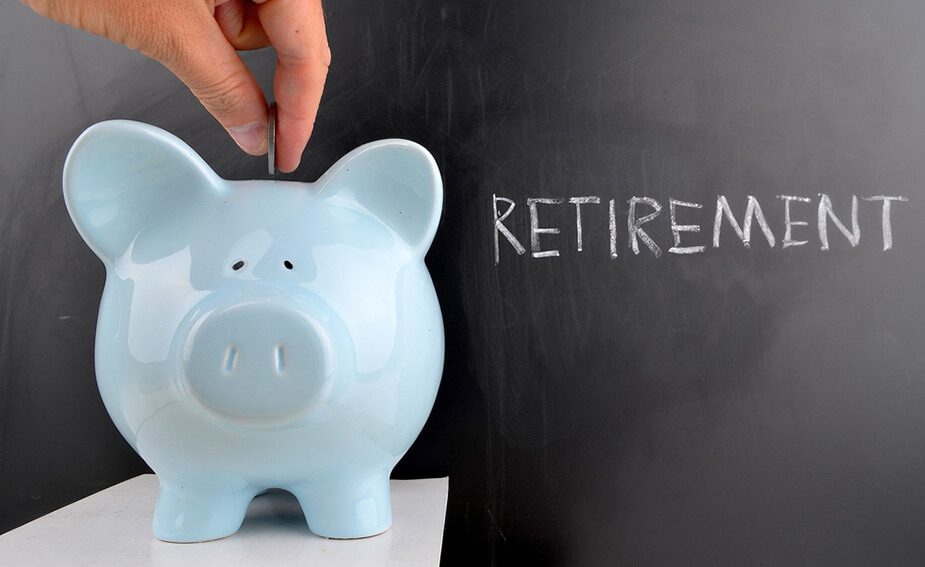
Jargon-B-Gone: Retirement saving simplified
From the moment you start working for a living until the day you finally retire, it seems the word ‘superannuation’ is thrown about quite regularly.
However, it can certainly be complicated! All those numbers and terms you’re not too familiar with can really hurt the eyes, not to mention the brain.
It’s super important to have a super account, however. As such, we want to simplify the entire process with a handy Jargon-B-Gone tutorial!
Why you should consider retirement saving
Australian Designated Retirement Age (DRA)
Your Designated Retirement Age, otherwise known as the Pension Age, is the age at which you can access government provided retirement benefits. This is currently set at 65 for now, rising to 70 by 2035.
Thanks to the marvels of modern medicine, we are likely to be enjoying retirement for quite a few years after your Designated Retirement Age. Currently, the Australian Bureau of Statistics states that the average male life expectancy for 2010-12 is 79.9 years, and 84.3 for females.
If you want to live comfortably after you retire, you won’t want to rely solely on a Government Aged Pension, as it may not be enough to allow you to do the things you enjoy. If you work out how much you’ll need to retire happily, you’ll actually see the annual amount you need is a lot higher.
Finding the right provider
Asset class
Asset class a fancy word for different types of investments. For example, shares on the Australian share market are considered an asset class. Shares on international share markets are considered a different asset class to Australian Shares. The most common asset classes include: Australian Shares, International Shares, Fixed Interest (that is Bonds), Property and Cash.
Preservation age
The age at which you can start to take money out of your super to fund your retirement. If you were born after July 1, 1964, the age is 60 (yes – it’s earlier than the DRA).
Your superannuation isn’t just an account that you put money into over the course of your life. With the right provider, your fund will be invested in a variety of asset classes (see below) in order to balance the risk and help grow your balance.
A strong background knowledge of financial investment isn’t necessarily required, either. For example, Virgin Super offers two possible plans for you to join.
The first, Virgin Super Essential, has a program that manages your investment strategy on your behalf, investing intelligently by adjusting your asset allocation and investment blend from growth to defensive assets as you get older. Virgin Super Plus, on the other hand, offers a more hands-on approach for those wanting more input and control of their investment options.
To find out more about these options, pop over to Virgin Super to see more details.
When you finally reach your preservation age (see above), you can claim your balance either in a lump sum or incremental payments, much like the pay cycle of when you were working.
Contributing to your Super
Of course, your retirement savings are going to go nowhere unless you are contributing money to it. There are a variety of ways you can do this, which we’ll outline briefly below.
Employer contributions
When you start working, you should give your new employer your tax and Super details. Australian employers are required by law to contribute at least 9.5% of your total salary earnings once every three months. You could consider these contributions as the bread for your super sandwich.
Salary sacrifice
Setting up a recurring salary sacrifice arrangement could help you grow your balance without you needing to think about it. Basically, this involves you opting to donate a little of your regular pay cheque each cycle, before the taxman takes their share, to go towards your account. This is like the butter on top of the bread.
Voluntary contributions
You can also contribute money out of your own pocket to boost your balance whenever you like. It’s generally considered a good idea to do this on as regular a basis as you can afford, as the more you contribute now, the better your life will be after you stop work. Your voluntary contributions make up the filling of your sandwich, and no sandwich is complete without fillings.
Are you ready to start saving for retirement?
